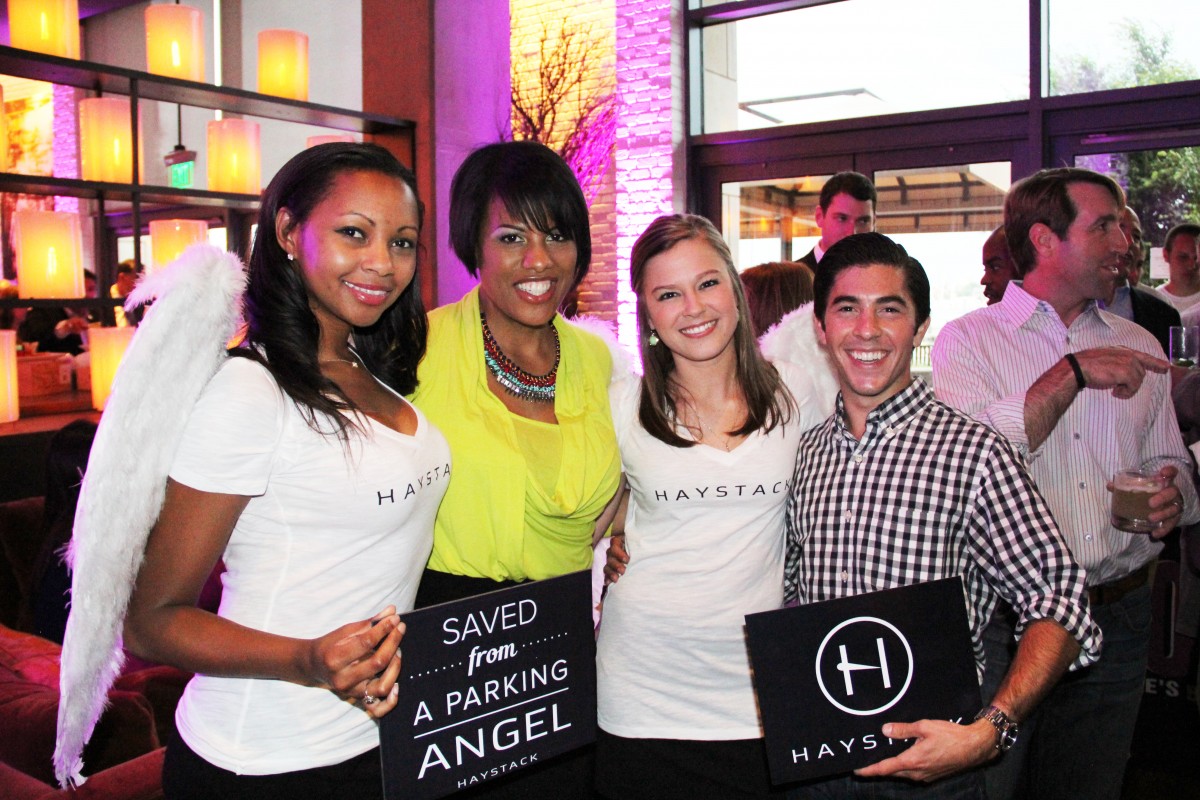The controversial Canton-born parking app Haystack, long needled by local regulators in its nascent time on the market, is going back into the barn. Its story fits neatly into the creative destruction around the sharing economy that is nationally touching house rentals, car delivery and more.
Though the app’s website is still up, its Twitter and Facebook pages are down, and the app is no longer available on the iTunes App Store.
“We’re taking a hard look at our model following actions taken against our technology in Boston, Los Angeles, Philadelphia, San Francisco and Santa Monica,” founder Eric Meyer said in an email. “Battling backwards-thinking governments and trying to teach them how to embrace new transportation technology, while an honorable mission, is not a sustainable business model.”
Boston, in particular, didn’t take kindly to the app. Boston’s City Council passed an ordinance in August banning Haystack and similar apps.
In Baltimore, though the app appeared to run afoul of city law, the Baltimore City Parking Authority never acted against the app. City officials in general were hands-off about the development — Mayor Stephanie Rawlings-Blake even appeared at the app’s launch party.

Mayor Stephanie Rawlings-Blake with two “parking angels” and Haystack founder Eric Meyer at the Haystack launch party earlier this year. (Photo courtesy of Haystack)
Haystack allows users to buy and sell parking spaces on public roads, unlike a service like Parking Panda, which works with private lot owners. Meyer, however, was adamant at the app’s launch that he wasn’t selling parking spaces per se.
“Haystack does not sell any parking at all. Haystack simply facilitates an exchange of information between neighbors,” Meyer said in June. “This is a great thing for Baltimore, for neighbors, for quality of life, for emission and making our city less congested.”
Before you go...
Please consider supporting Technical.ly to keep our independent journalism strong. Unlike most business-focused media outlets, we don’t have a paywall. Instead, we count on your personal and organizational support.
3 ways to support our work:- Contribute to the Journalism Fund. Charitable giving ensures our information remains free and accessible for residents to discover workforce programs and entrepreneurship pathways. This includes philanthropic grants and individual tax-deductible donations from readers like you.
- Use our Preferred Partners. Our directory of vetted providers offers high-quality recommendations for services our readers need, and each referral supports our journalism.
- Use our services. If you need entrepreneurs and tech leaders to buy your services, are seeking technologists to hire or want more professionals to know about your ecosystem, Technical.ly has the biggest and most engaged audience in the mid-Atlantic. We help companies tell their stories and answer big questions to meet and serve our community.
Join our growing Slack community
Join 5,000 tech professionals and entrepreneurs in our community Slack today!

The person charged in the UnitedHealthcare CEO shooting had a ton of tech connections

The looming TikTok ban doesn’t strike financial fear into the hearts of creators — it’s community they’re worried about

Where are the country’s most vibrant tech and startup communities?

